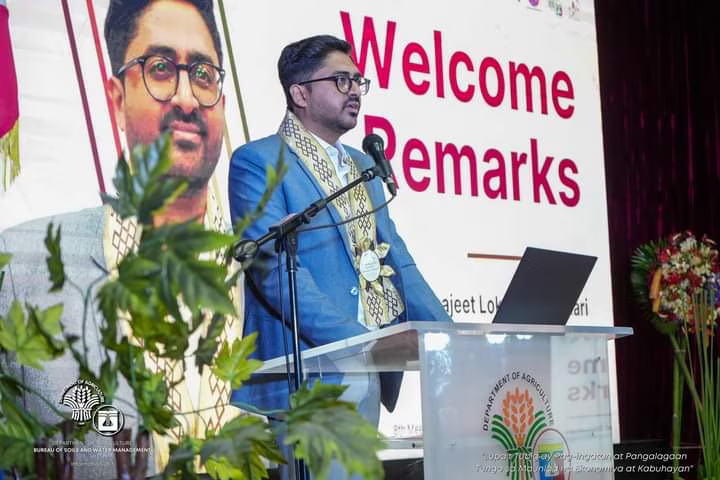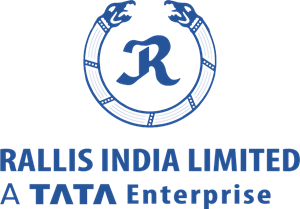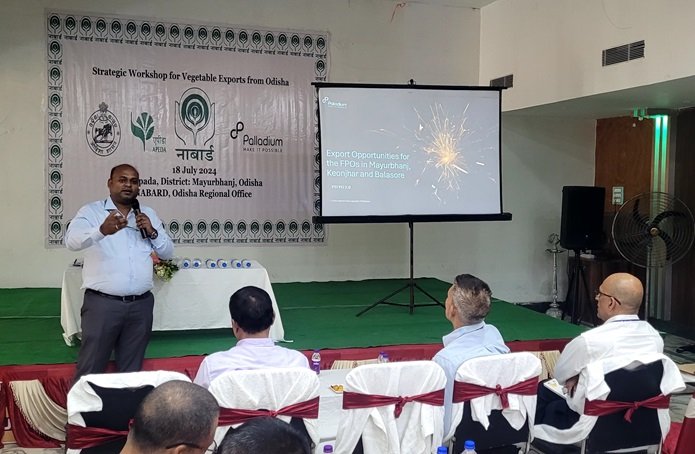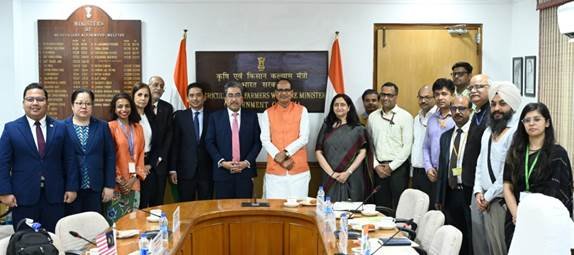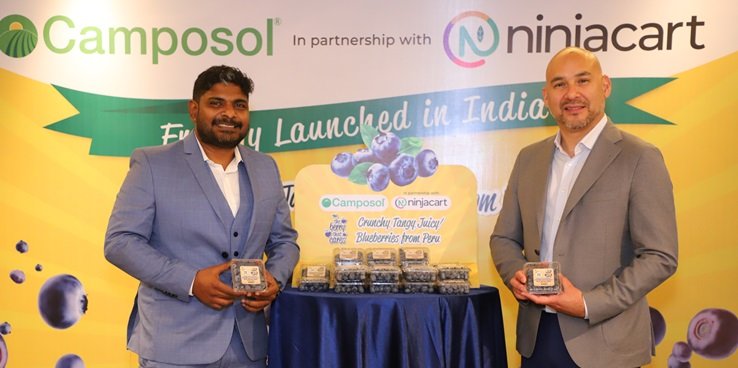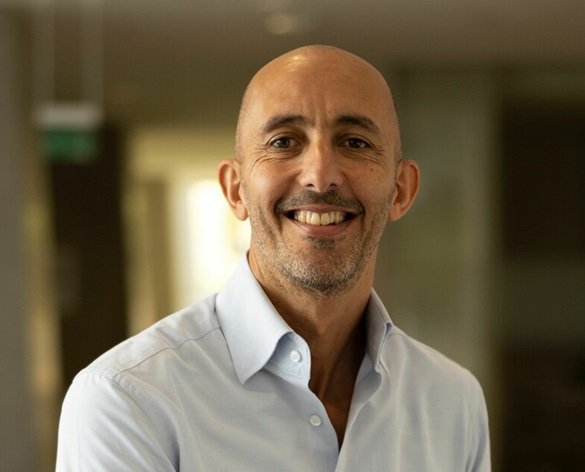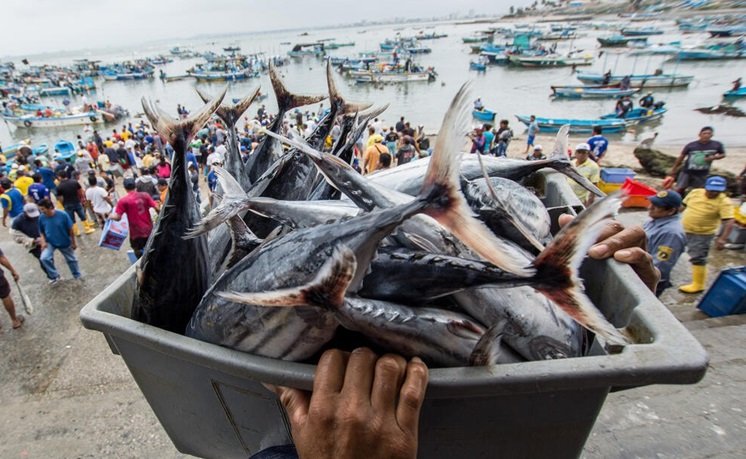BASF launches heat and light stabilizer Tinuvin® NOR® 211 AR for sustainable farming practices
It offers an effective value-in-use solution for agricultural plastics exposed to intense UV radiation, thermal stress, and inorganic chemicals commonly used in crop management and disinfection.
BASF launched Tinuvin® NOR® 211 AR to support film producers and converters globally in navigating the challenging landscape of plasticulture – the use of plastic materials in agricultural applications. This new high-performance heat and light stabilizer protects and prolongs the lifespan of agricultural plastics that require resistance to high levels of inorganic chemicals like sulfur and chlorine. Tinuvin NOR 211 AR offers an effective value-in-use solution for agricultural plastics exposed to intense UV radiation, thermal stress, and inorganic chemicals commonly used in crop management and disinfection.
The advancements in plasticulture, heavily influenced by polyethylene (PE) grades, have led to a growing trend in downgauging and a greater emphasis on the use of plastic materials. Downgauging involves reducing the thickness of plastic films while maintaining their performance, made possible by incorporating new polymer grades to enhance the mechanical properties of PE materials. At the same time, converters are investing in new equipment to increase the number of layers in their films thereby improving performance and durability. This transition to thinner and more durable films is crucial for the sustainability of agricultural plastics as it helps to reduce plastic waste, enhances production efficiency and facilitates practices like recycling and upcycling.
Tinuvin NOR 211 AR is a unique stabilization system that can be used in plasticulture, even in intensive horticulture, regardless of the application region’s severity of UV radiation, heat, and chemicals that are present. This new product solution is the best option when downgauging is required, especially in the presence of high levels of sulfur and chlorine. With the increasing use of inorganic chemicals in agriculture due to the adoption of “Integrated Pest Management” and “Organic Farming” practices, the need for effective stabilization of agricultural films is crucial.
“Tinuvin NOR 211 AR additive solution addresses a broad variety of challenges for agricultural plastics, including sustainability requirements, increased chemical exposure, longer use durations and downgauging trends,” said Dr. Bettina Sobotka, Head of Global Marketing and Development for Plastic Additives at BASF. “BASF’s NOR HALS solutions improve stabilization by moving beyond solutions based on secondary and methylated HALS. Through collaboration with agricultural plastic producers as well as farmers, we facilitate the exchange of knowledge and expertise, creating solutions that will ultimately lead to improved crop yield.”
BASF’s commitment to innovation and sustainability is reflected in the expansion of its NOR® platform. Tinuvin NOR 211 AR, part of the VALERAS® portfolio, utilizes renewable electricity in production and optimizes product form to reduce energy consumption and emissions. It also improves material dosing precision, minimizes dust exposure, and promotes water and aquatic organism protection, leading to a safer, more efficient, and environmentally friendly workflow.
It offers an effective value-in-use solution for


